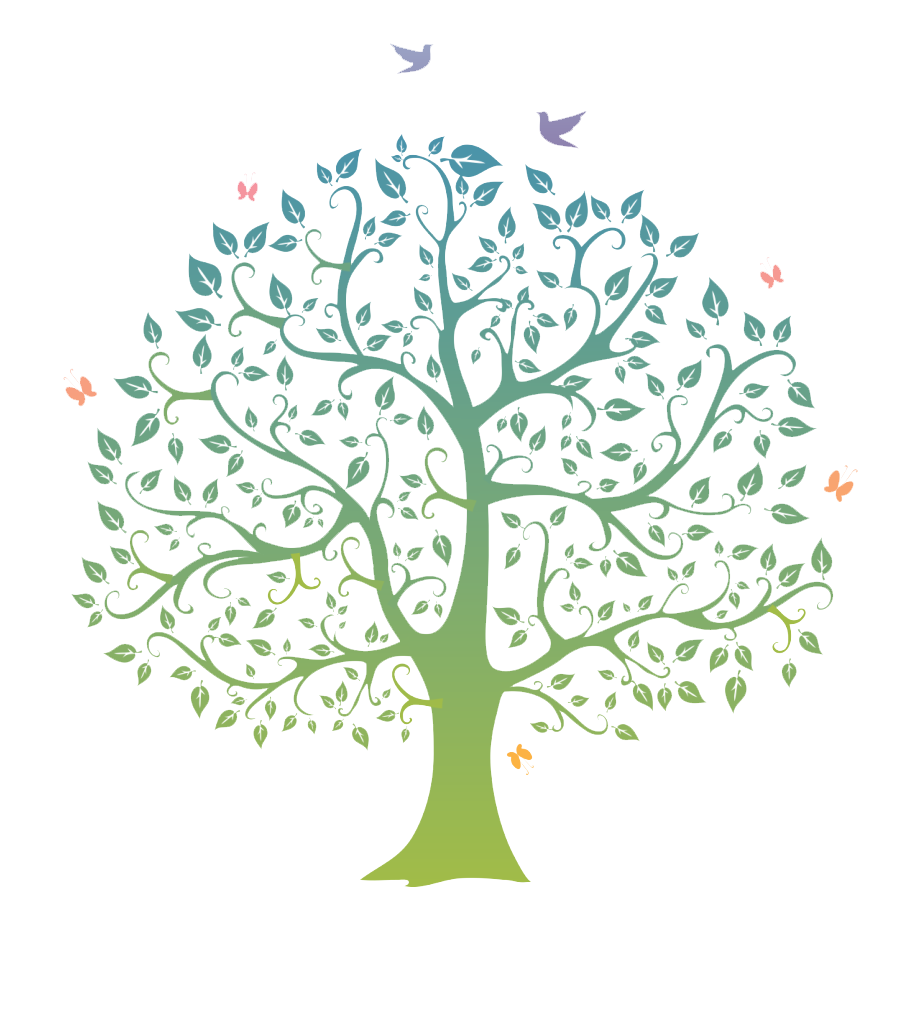How do I know if I have depression?
What is depression?
Identifying the signs of depression is an important first step in being able to help yourself or other people to get better.
Depression can be defined as when you're feeling down and sad for weeks or months, not just a few days, to the point where it affects your daily life. Some people will describe it as being in a ‘black hole’ that they can't get out of or a ‘black cloud over their head’ and they feel stuck in darkness with no motivation nor the want to get out of bed.
There can be many different causes of depression, but they fall into two main categories:
1. Endogenous - a depression that is caused by an internal biological source. That means that it could be genetic that you have inherited low levels of noradrenaline and serotonin.
2. Exogenous- a depression that has been caused by external triggers in your life such as bereavement, loss, or experiencing a traumatic event. People often say they feel that they are going in a “downward spiral”.
What are the types of depression?
Types of depression include:
1. Unipolar Depression- when a person feels low all the time.
2. Bipolar Depression – extreme high and lows.
3. Major Depression – this is the most common form of depression. It’s when a person is feeling down and loses interest in doing much for two weeks or more.
4. Mild Depression – when a person is carrying on with life but finding everything hard to do and a struggle.
5. Atypical Depression –the person may enjoy life and be happy but have low episodes that can last months when they sleep too much or overeat.
6. Persistent Depressive Disorder- is when a person is feeling sad all the time, but they are not aware of how they feel, they just think it's part of life.
7. Psychotic Depression – when a person is hallucinating negatively and this is frightening them.
8. Seasonal Affective Disorder- when a person feels a change of mood depending on the weather.
9. Postnatal Depression- after having a baby the mother might not want anything to do with the baby and have low energy.
10. Premenstrual Dysphonic Disorder- women will normally feel irritability, depression or anxiety a few weeks before they get their period.
What are the symptoms of depression?
There are many different symptoms that may indicate a person is suffering from depression. These might be physical symptoms (e.g. headaches, stomach aches, no energy, inability to sleep or oversleeping) or behavioural symptoms (e.g. lack of interest in anything, difficulty concentrating, not caring about anything anymore and neglecting personal appearance).
What to do if I think I have depression?
It’s not always easy to ask for help, but if you are suffering from depression it’s really important to seek professional help immediately before things get any worse. The sooner you take the first step, the sooner you will go back to feeling like yourself again.

